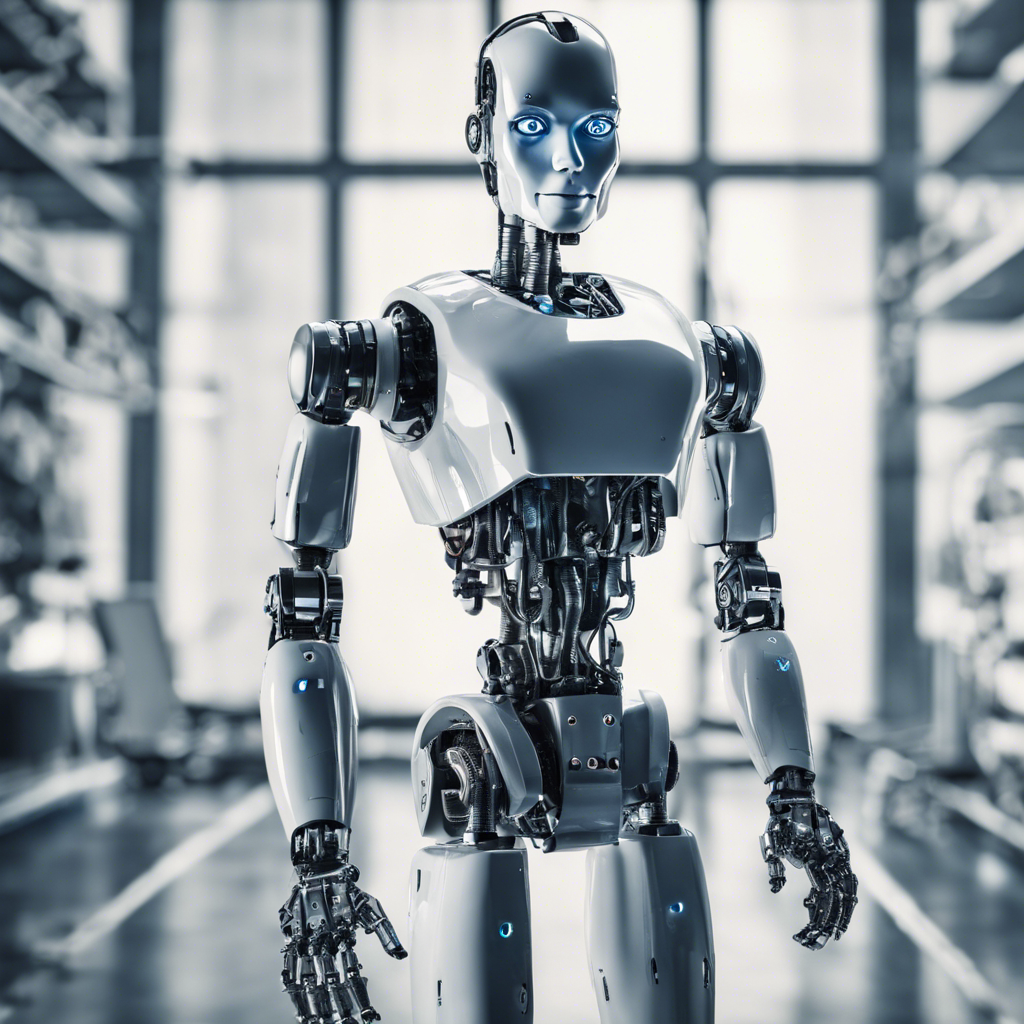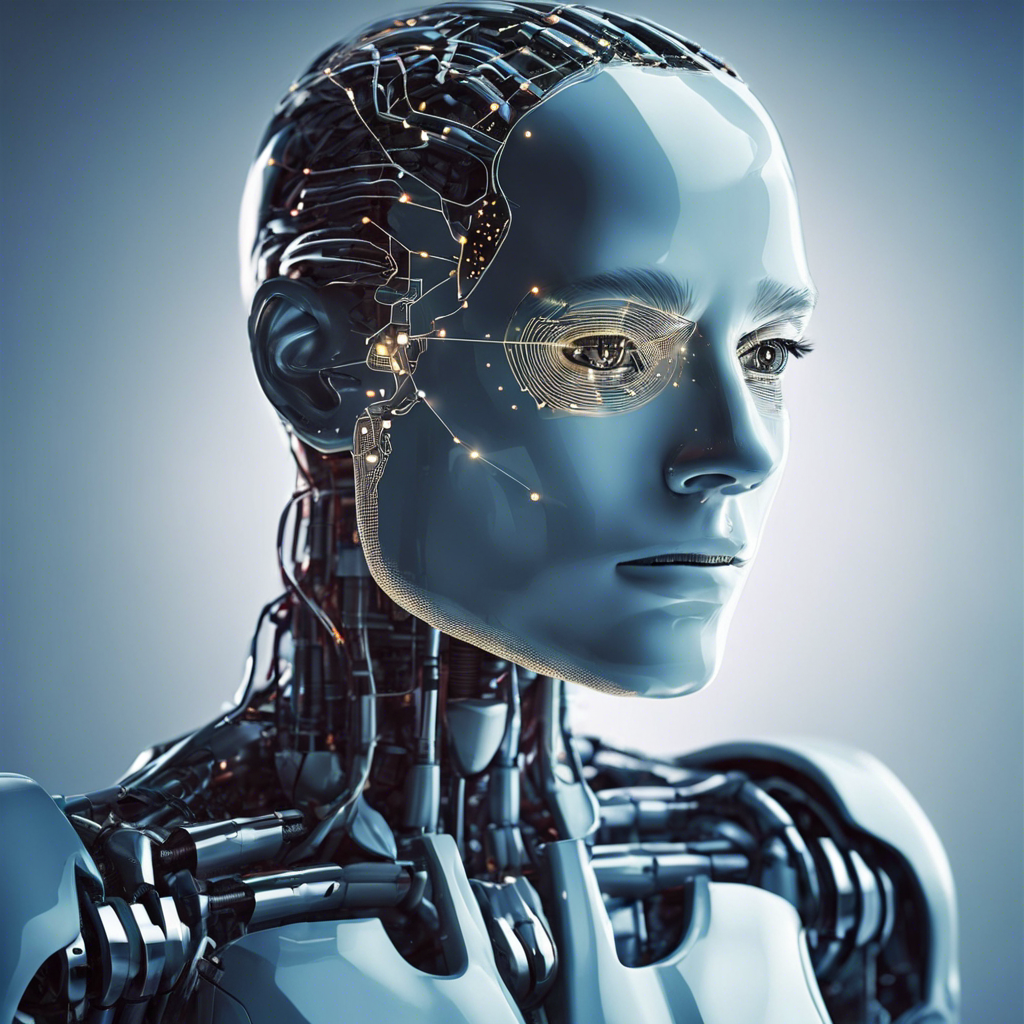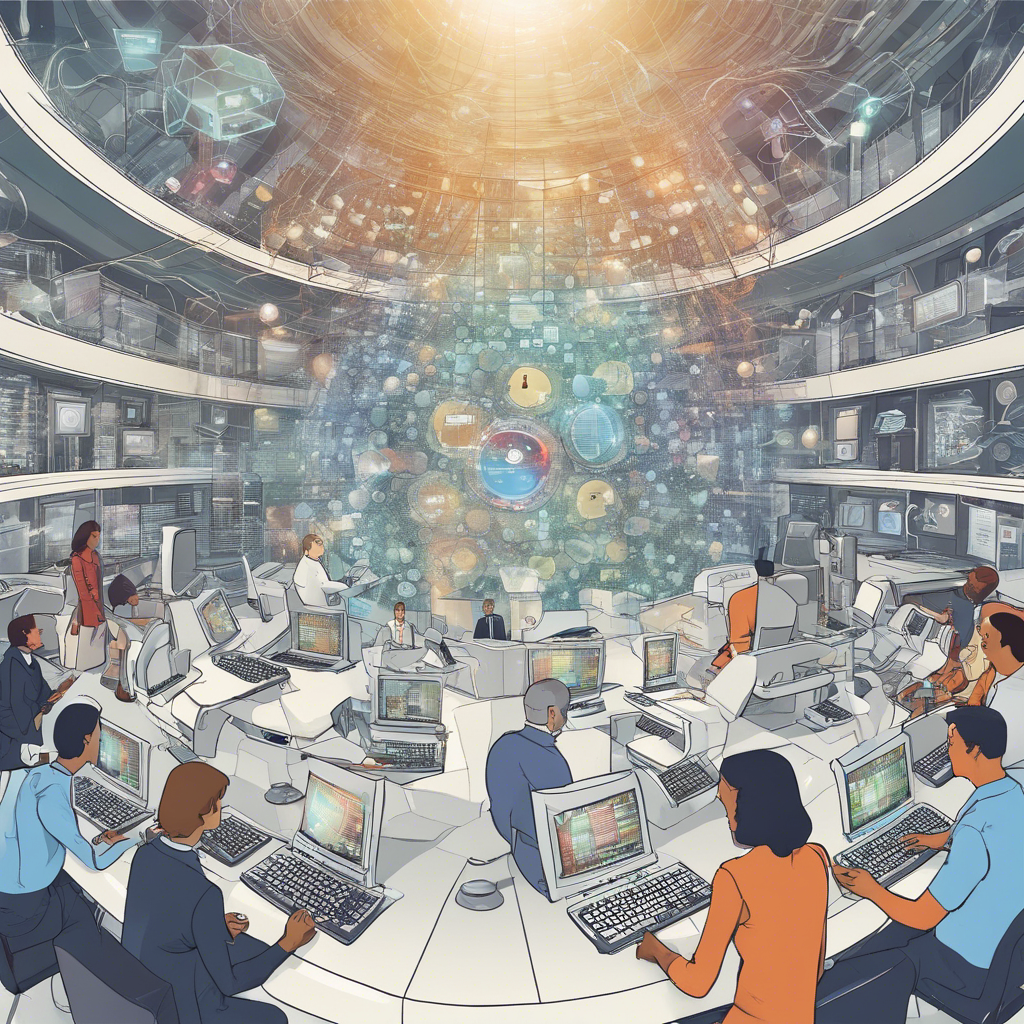Northwestern University Team Achieves Groundbreaking Milestone in AI Development
In a groundbreaking development, researchers at Northwestern University have successfully utilized artificial intelligence (AI) to construct a fully functional robot. While the robot’s capabilities are not the primary focus, this achievement holds immense potential for the future of AI and robotics. This breakthrough marks a significant step forward in the field, with implications ranging from automation to personalized assistance. In this article, we delve into the details of this remarkable feat and explore the broader implications for AI and robotics.
1: The Genesis of AI-Constructed Robotics
Under the guidance of a team of researchers at Northwestern University, an artificial intelligence program has accomplished what was once deemed impossible: constructing a robot. This pioneering achievement is the result of years of research and development, combining the power of AI algorithms with advanced robotics.
2: Unleashing the Power of AI in Robotics
The integration of AI into robotics has long been a goal for researchers seeking to enhance the capabilities of machines. By leveraging AI algorithms, the Northwestern team was able to design and build a robot with unprecedented precision and efficiency. The AI program analyzed vast amounts of data, allowing it to make informed decisions about the robot’s design, components, and assembly process.
3: A New Era of Automation
The successful use of AI to construct a robot opens doors to a new era of automation. With AI algorithms capable of making complex decisions and learning from experience, the potential for autonomous robot construction becomes a reality. This breakthrough has far-reaching implications for industries such as manufacturing, construction, and logistics, where robots can be tailored to specific tasks and assembled with minimal human intervention.
4: Personalized Assistance and Human-Robot Interaction
Beyond industrial applications, the AI-constructed robot represents a significant development in the realm of personalized assistance. As AI algorithms become more sophisticated, robots can be designed to understand and respond to human needs, providing tailored support in various settings. From healthcare to household chores, these robots have the potential to revolutionize the way we interact with technology, offering personalized assistance and companionship.
5: Ethical Considerations and Future Challenges
While the AI-constructed robot brings immense promise, it also raises ethical considerations and challenges. As the capabilities of AI continue to advance, questions surrounding job displacement and the potential misuse of technology must be addressed. Striking a balance between automation and preserving human employment is crucial. Additionally, ensuring the ethical use of AI and preventing the development of autonomous systems with harmful intentions requires ongoing vigilance and regulation.
Conclusion:
The successful utilization of artificial intelligence to construct a robot marks a significant milestone in the field of AI and robotics. This breakthrough not only demonstrates the power of AI algorithms but also opens up new possibilities for automation, personalized assistance, and human-robot interaction. As we embrace this new era, it is imperative to address the ethical implications and challenges that come with the advancement of AI. While the future of AI-constructed robots holds immense potential, it is our responsibility to ensure that this technology is developed and utilized ethically for the benefit of humanity.











